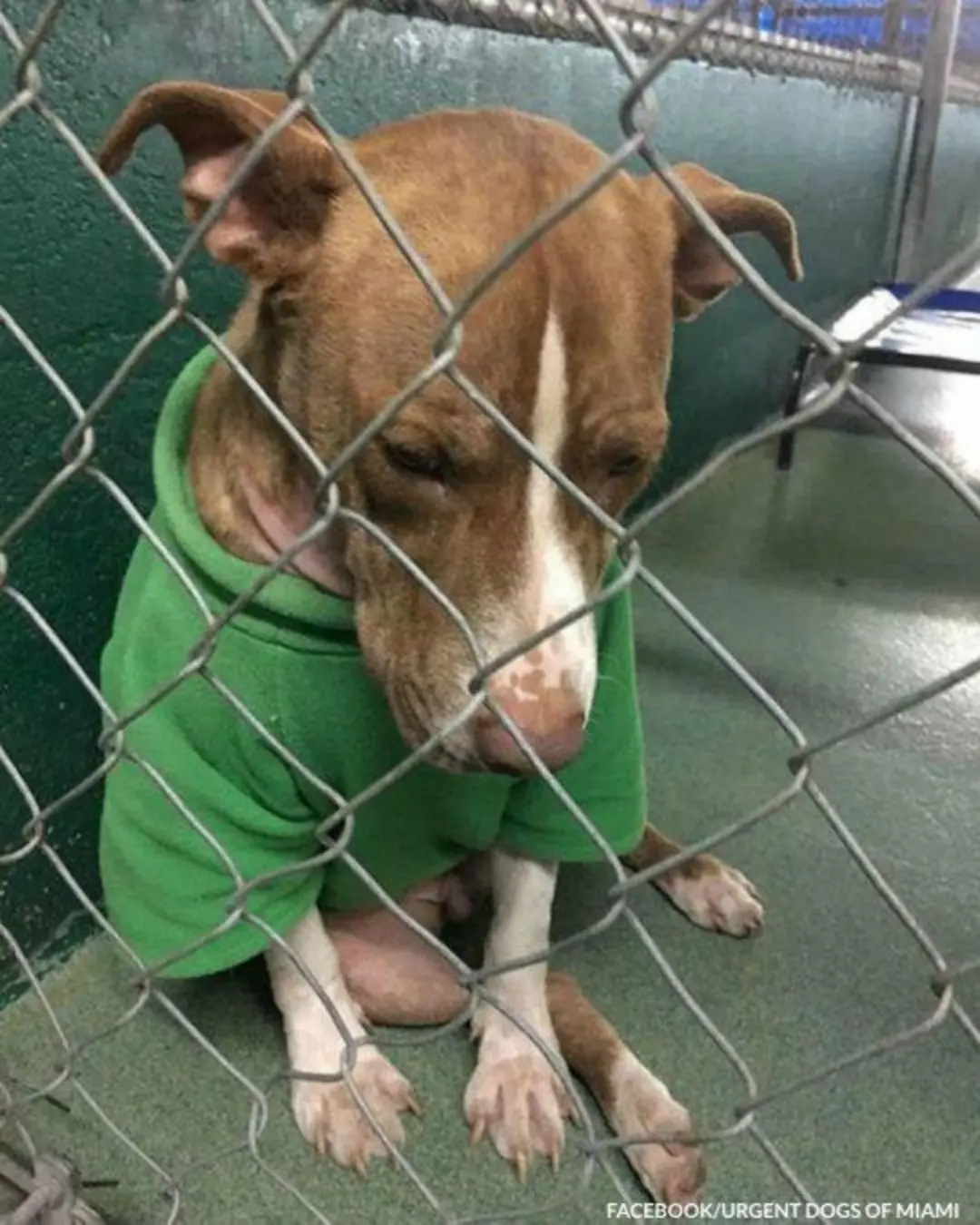
Her Heart Belongs to Daddy: A Daughter’s Memory of Danny Kaye.
Her Heart Belongs to Daddy: A Daughter Remembers Danny Kaye
By Dena Kaye
I was six years old the first time I saw my father perform on stage. I still remember it vividly—the plush red velvet seats, the heavy scent of makeup and sawdust in the theater air, and the dazzling lights that made everything feel larger than life. From the stage, my father looked directly at me, eyes twinkling, and called out, “Are you having a good time, sweetheart?”
I gave a shy little “yes.” He asked again later—and again. Each time, my response grew fainter, my confidence shrinking under the weight of unfamiliar laughter all around me. Finally, I burst into tears. After the show, I ran straight to his dressing room, wrapped my small arms tightly around him, and sobbed, “I don’t want anybody laughing at my daddy.”
How could I have known then that laughter was his greatest gift to the world? Years later, I would find myself laughing so hard that my ribs ached, finally realizing that joy wasn’t just his profession—it was his language. It was how he connected, how he communicated love not just to me, but to millions.
The world knew him by many titles: comedian, actor, singer, dancer, mimic, even emotional magician. But to me, he was simply “Daddy.” And yet, to countless others, he was Danny Kaye—the man who could send audiences into fits of uncontrollable laughter one moment and bring them to tears the next. Columnist Walter Winchell once wrote, “Ushers might be knocked to the ground by people rolling in the aisles.” That was the kind of impact my father had.
He was elegance wrapped in chaos—a whirlwind of emotion and energy. His face could morph into comedy or melt into heartbreak in a single breath. Pianist Artur Rubinstein once said, “As with Chaplin, I am not so much amused as I am moved.” That was Danny: never just funny—always human, always reaching for something deeper.
He was a man of a thousand talents. He played survivors, dreamers, kings, and clowns. He delivered tongue-twisting lyrics at breakneck speed—most written by my mother, Sylvia Fine—and even created his own musical gibberish that somehow made perfect sense. “Danny accepted no boundaries,” Harry Belafonte once said. “That’s the highest form of creative energy.”
But his artistry didn’t stop at the footlights. Offstage, he was just as relentless in his passions. He was a gourmet chef, a licensed jet pilot, a baseball team co-owner, an orchestra conductor, and a humanitarian. He conducted major orchestras worldwide, raising millions for the Musician’s Pension Fund—despite never learning to read music. He conducted by ear, by feel, by instinct. “He gets a better sound out of an orchestra than most trained conductors,” said violinist Itzhak Perlman.
When he fell in love with Chinese cooking, he didn’t just learn a few recipes. He trained with a master chef in San Francisco, read Chinese cookbooks as if they were novels, and built an entire Chinese kitchen behind our home. He was that kind of person—never halfway, always all in.
I still laugh remembering the night he cooked a full Chinese dinner for three of France’s greatest chefs. When someone asked if he was nervous, he just shrugged and said, “Why should I be? What do they know about Chinese food?”
His curiosity was endless. He wasn’t content to observe—he had to do, to feel, to understand. That was how he lived: fully engaged, endlessly fascinated. I remember him saying, “When I’m conducting, that’s my favorite thing. When I’m flying, that’s my favorite thing. When I’m traveling for UNICEF, that’s my favorite thing.” He loved everything he did—and he did everything with his whole heart.
As a father, he was no different. He listened—truly listened. When I became a journalist and began traveling the world, he offered support, never pressure. He gave advice without ever trying to steer me. He trusted me. “If you want to move to the Outback and raise sheep,” he once said, “great—just tell me when to visit.”
He gave to the world with that same open heart. His proudest title was not “movie star,” but UNICEF Ambassador. From 1954 until the end of his life, he traveled the globe, visiting children in every culture and corner of the world.
He didn’t just show up—he connected. He rolled on the ground with them, sang their songs, made them laugh. “Children,” he said, “instinctively recognize what is true and what is not.” His authenticity, his sincerity—it transcended language, culture, and distance.
He could move from a high-level diplomatic meeting to a café on a dirt road without missing a beat. He was equally comfortable eating caviar or Kentucky Fried Chicken. He hated pretense, avoided small talk, and had no patience for anything fake.
At a formal party he didn’t want to attend, he once picked up a tray of hors d’oeuvres from a passing waitress and began serving guests himself—then quietly slipped out once the tray was empty.
At home, he filled our lives with joy and unpredictability. One sunny afternoon, my mother said, “Darling, it’s so nice out—why don’t you take a jump in the pool?” Without a word, he walked straight through the house and dove in—golf clothes, suede jacket, car keys and all.
People sometimes called him “difficult,” but they misunderstood. He wasn’t demanding—he was deeply devoted. He gave 100 percent and expected the same in return. He believed in excellence, not perfection. And he believed in showing up. “I’d rather be an hour early than five minutes late,” he often said.
He was also profoundly kind. He never bragged, never craved the spotlight when he was offstage. He found beauty in small things—the flavor of a rare mustard, the sound of a child’s laughter, the smell of fresh bread baking.
Now, years after his passing, I miss the smallest things most: the scent of his Tweed cologne, the sound of his whistling in the morning, the sight of his famous Key lime pie cooling on the counter. I miss his hands—the same hands that conducted orchestras, chopped garlic with surgical precision, and gently held mine when I was small and afraid.
My father taught me many things, but perhaps the greatest was this: life is an art form, and the truest artists never stop creating, never stop learning, and never stop feeling.
News in the same category

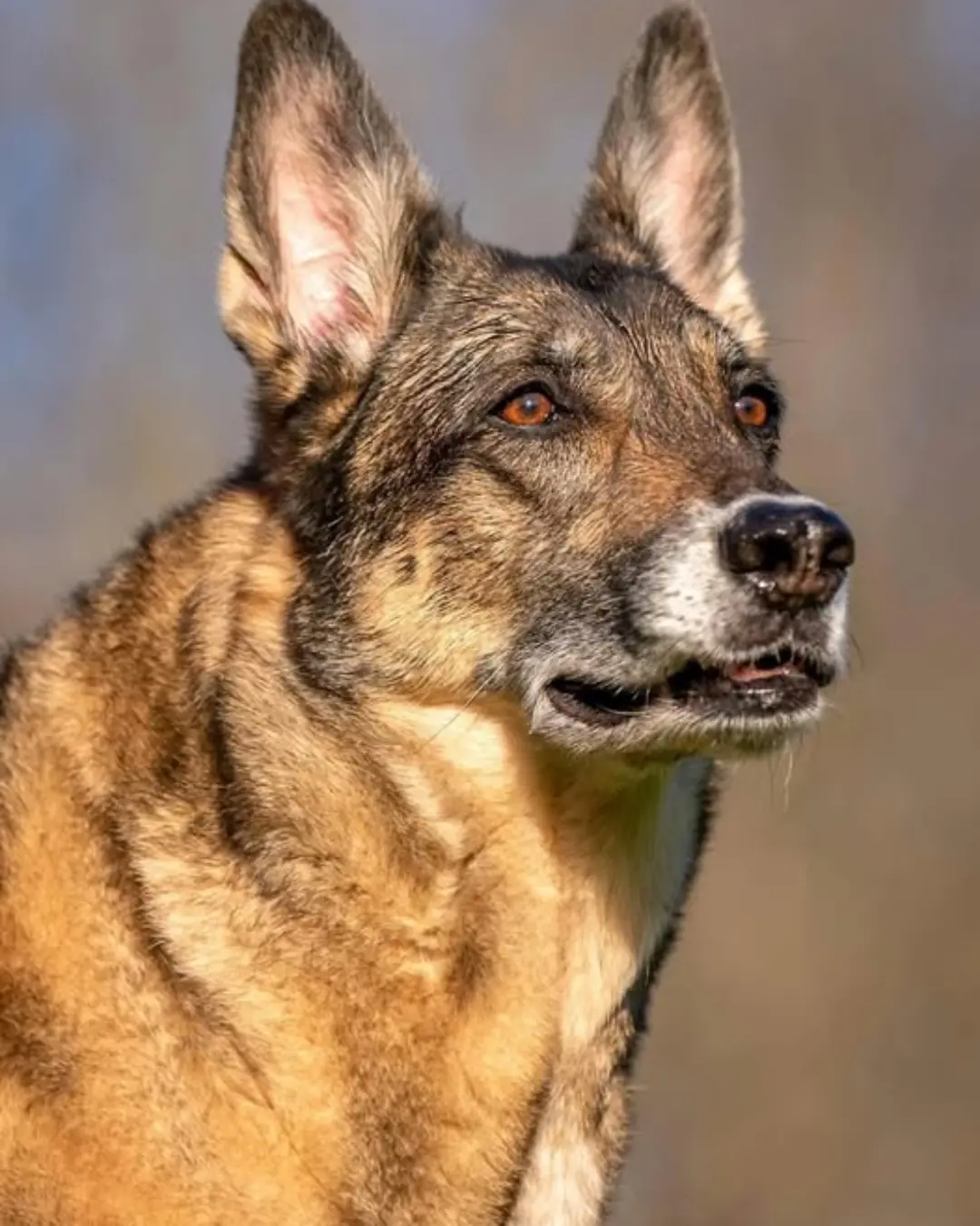
Forever Our Indy: A Tribute to a True Best Friend
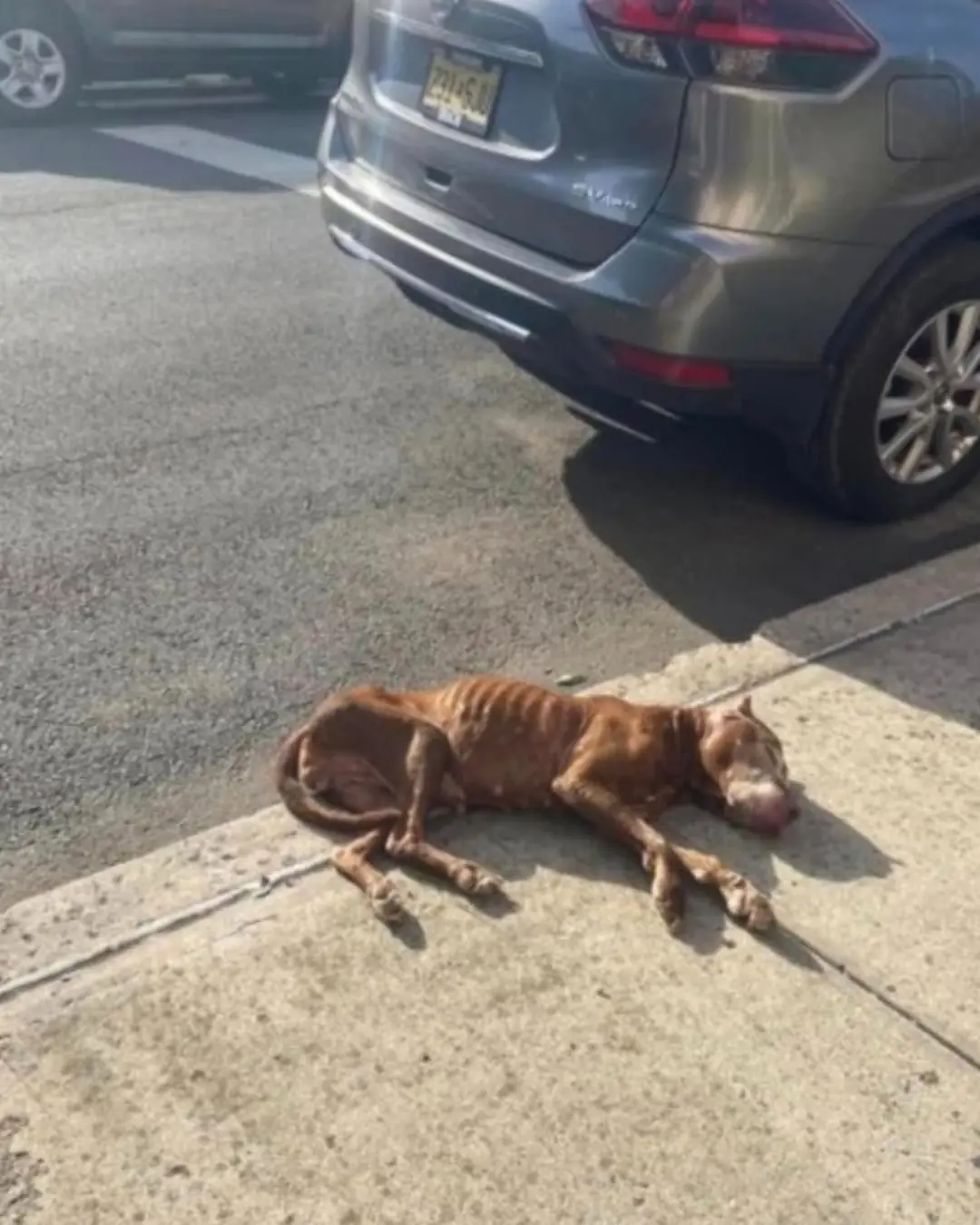
People Spotted a Dog Collapsed on a Sidewalk — Then Realized She Was Still Alive
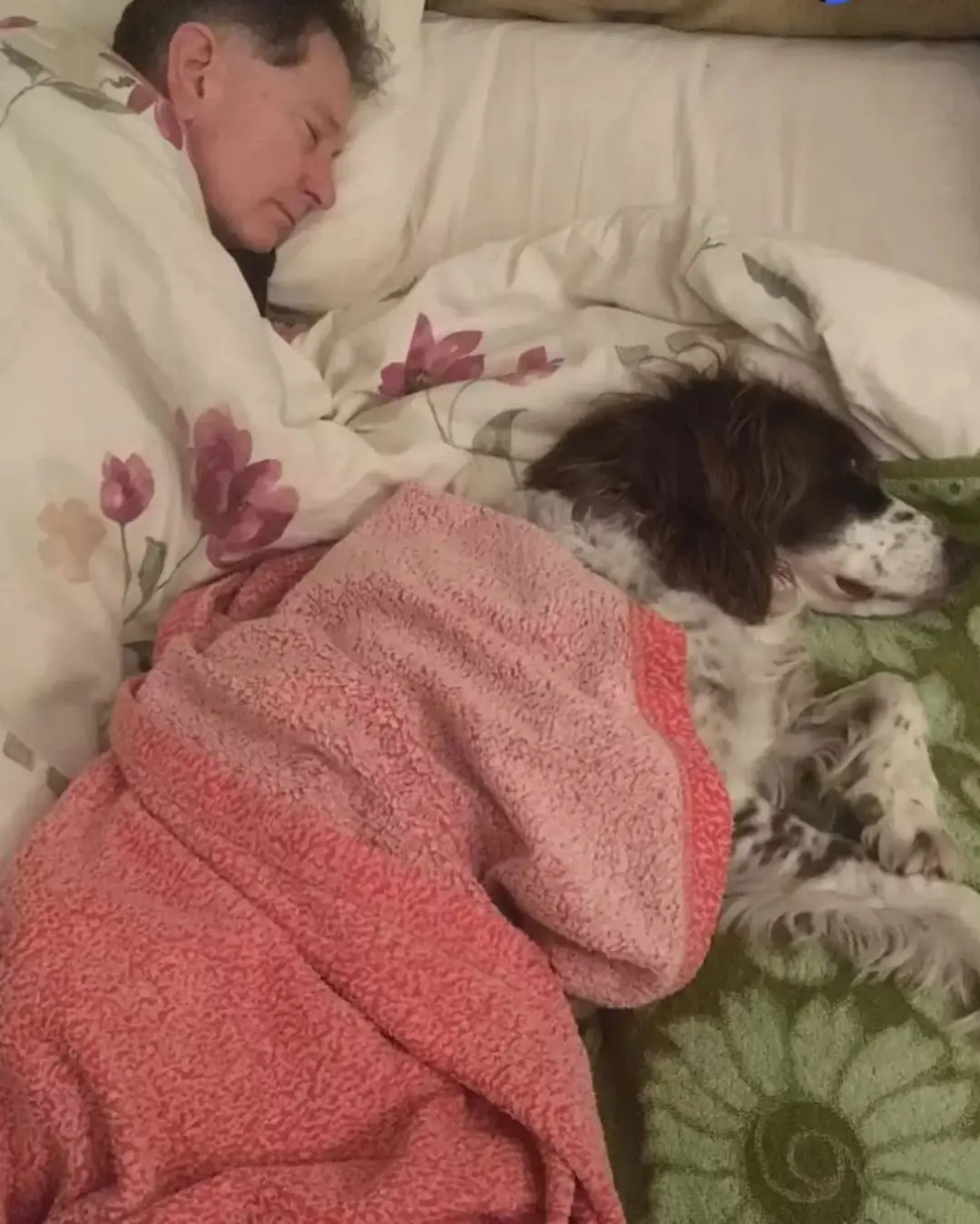
This Senior Dog Can’t Climb the Stairs Anymore — So Dad Sleeps on the Sofa with Him Every Night
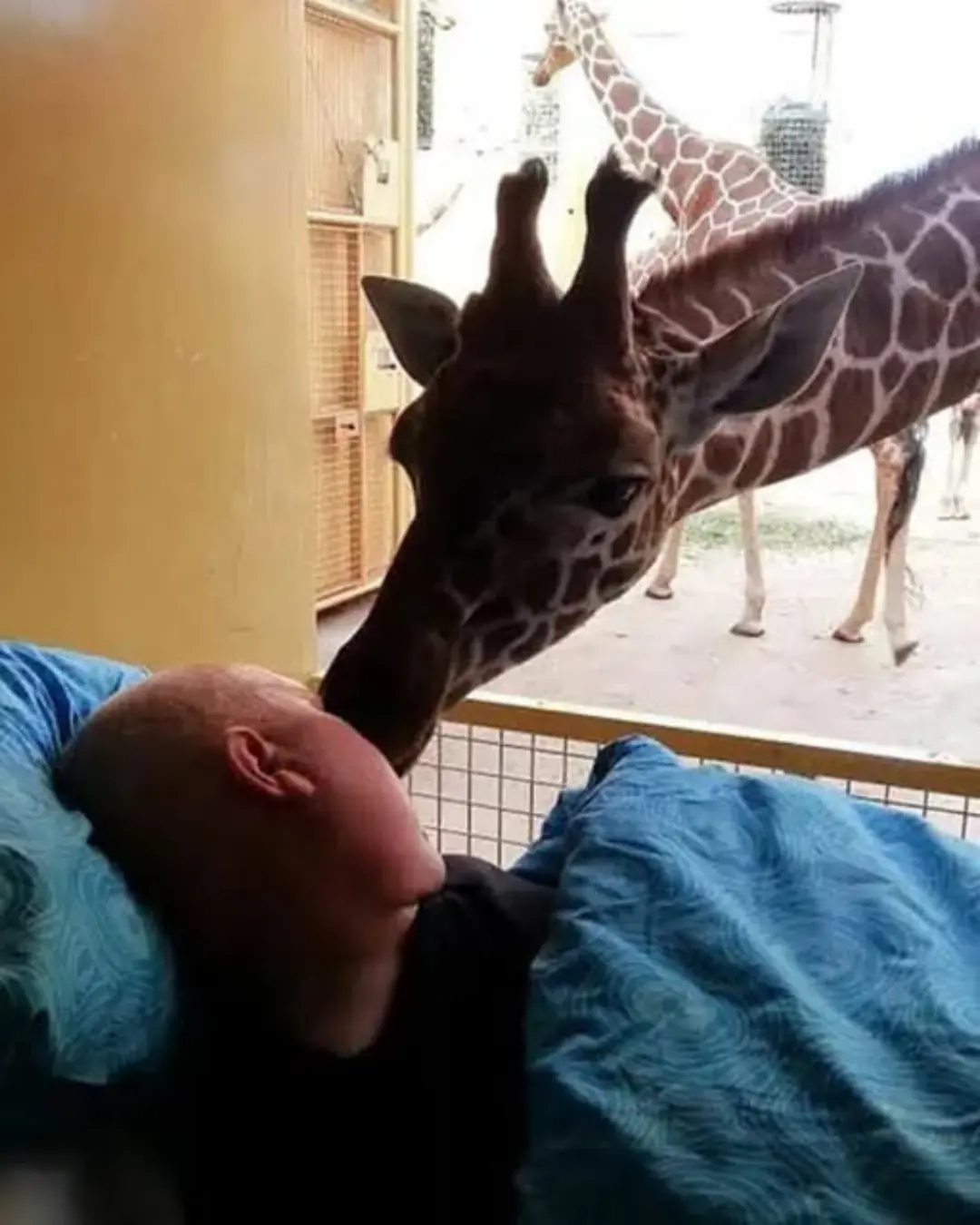
A Final Goodbye: Mario’s Last Moment with the Giraffes He Loved
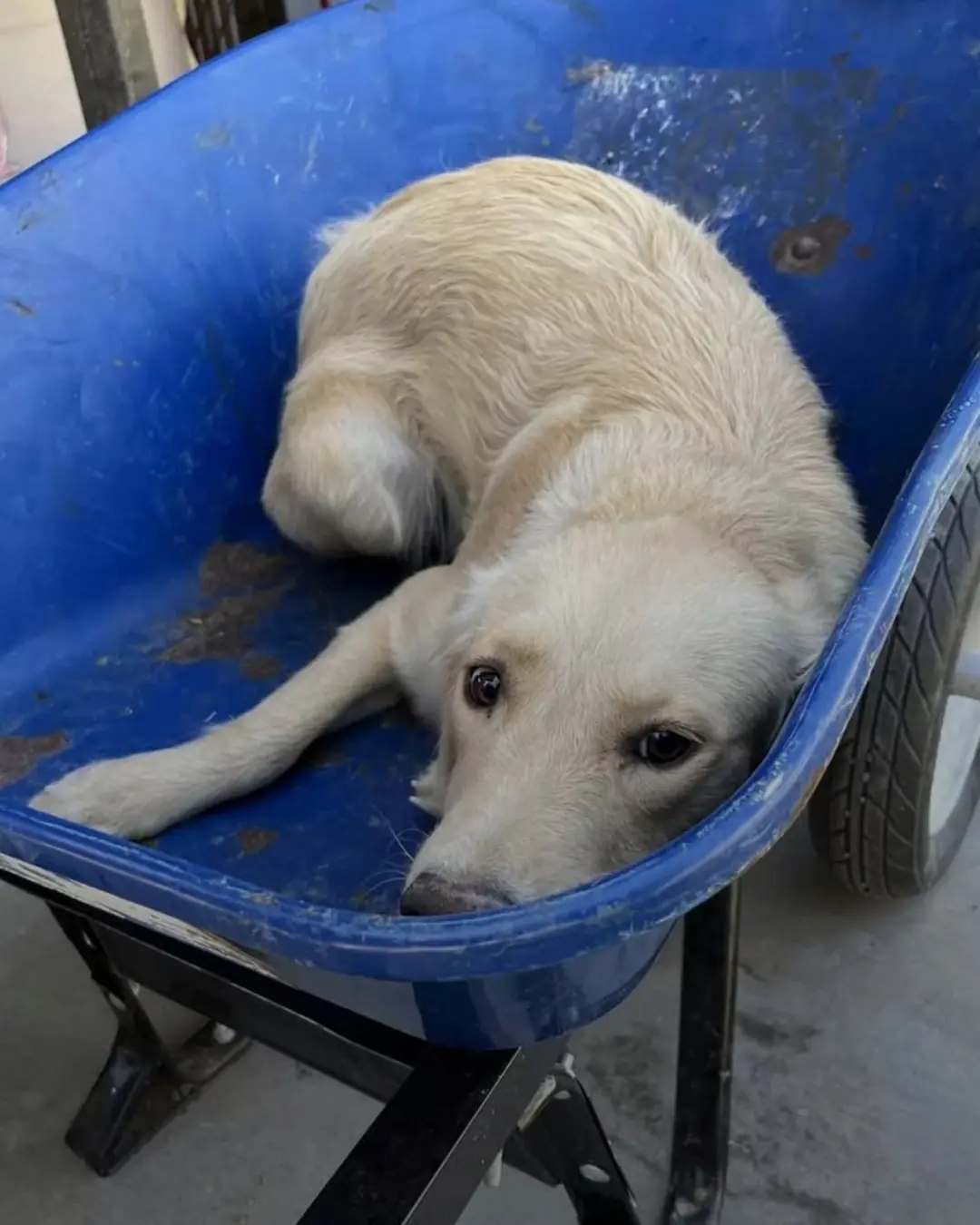
Shy Golden Retriever Saved From Euthanasia at the Last Moment
The Dog Who Beat Cancer: A Reunion That Moved the World.
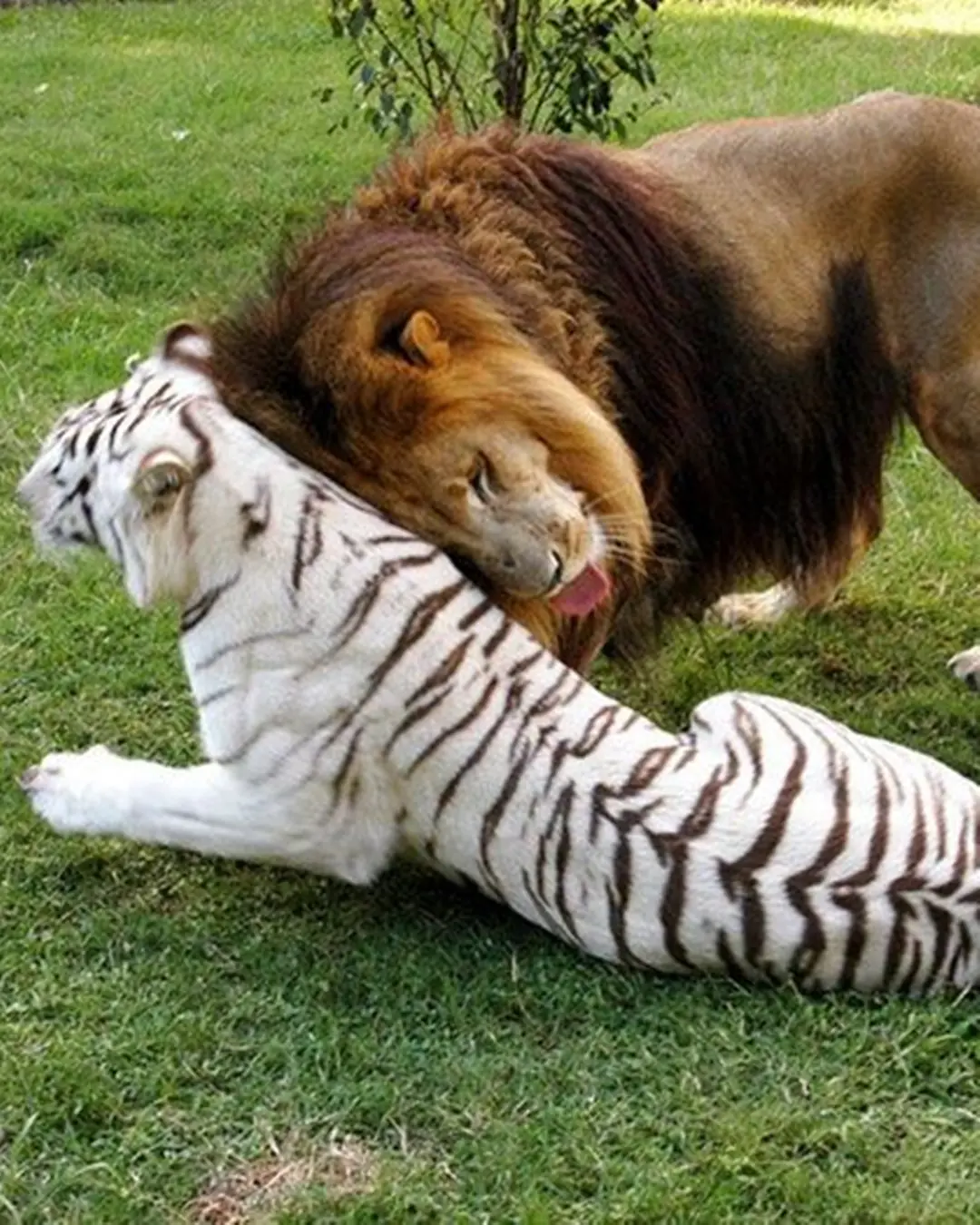
The Lion Who Lost His Mane, and the Tiger Who Won His Heart.
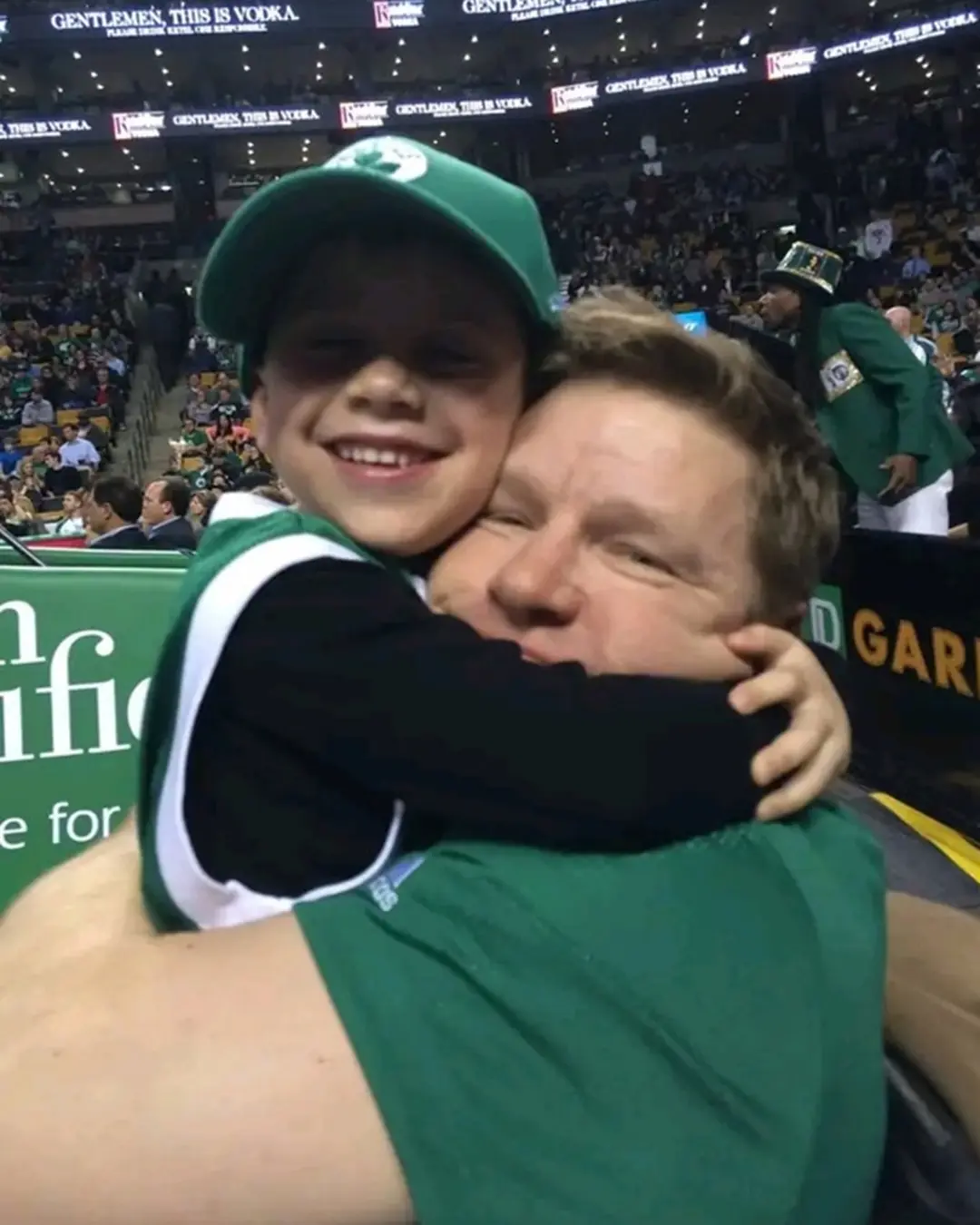
A Father Chosen by Love
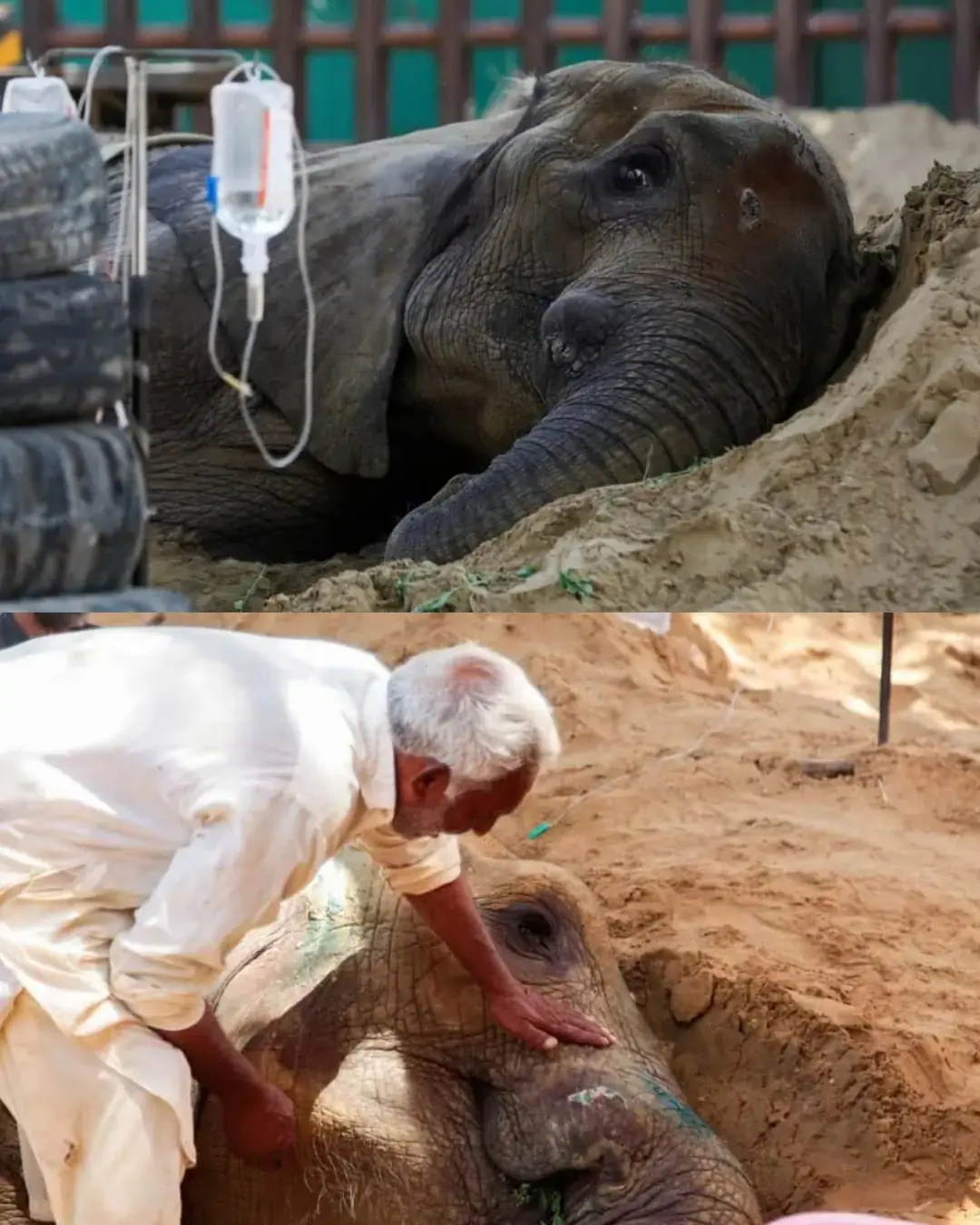
Goodbye, Noor Jehan: The Elephant Who Made a Nation Weep.
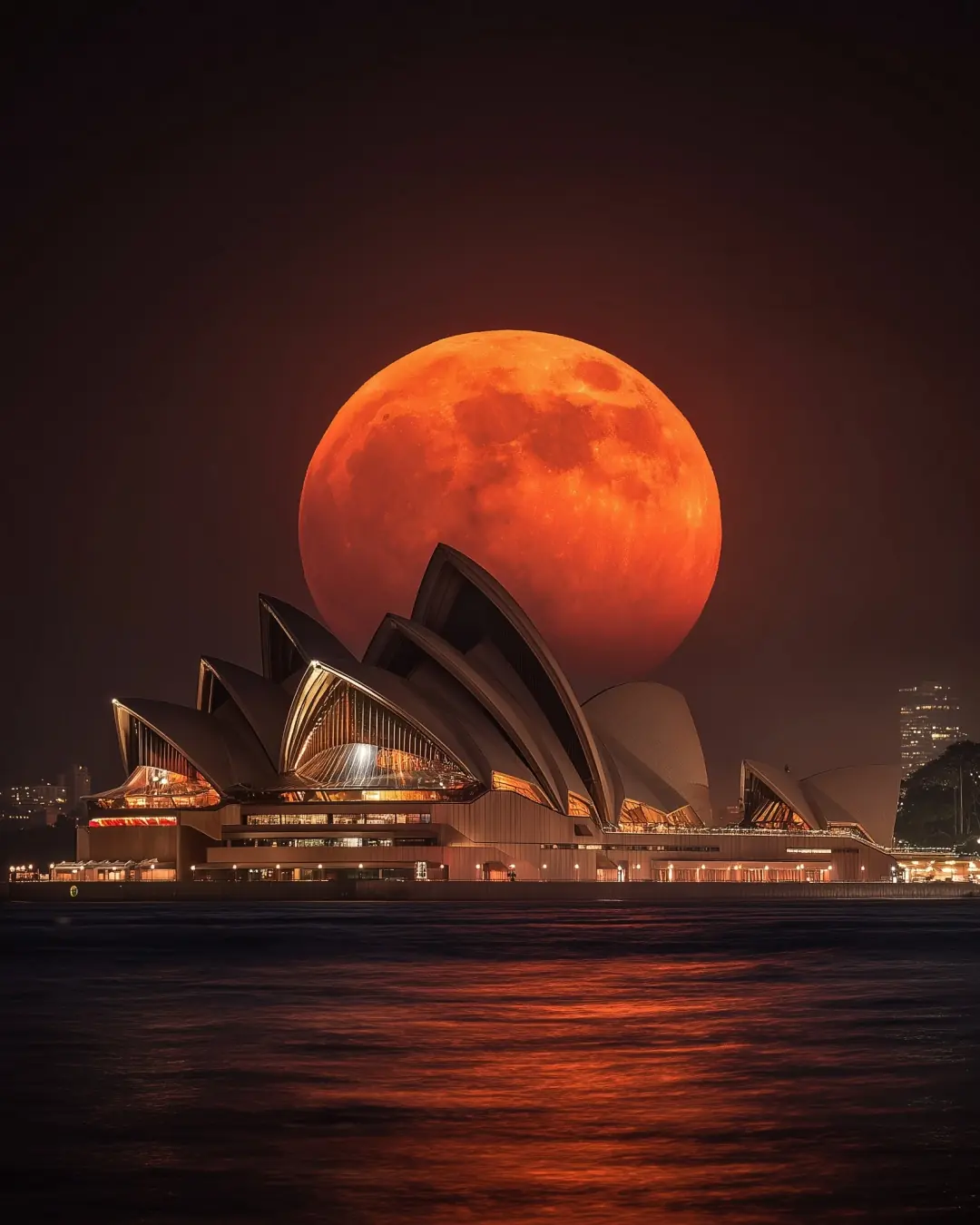
Sydney Under the Red Moon: How One Photograph Captured the Magic of a Lunar Eclipse
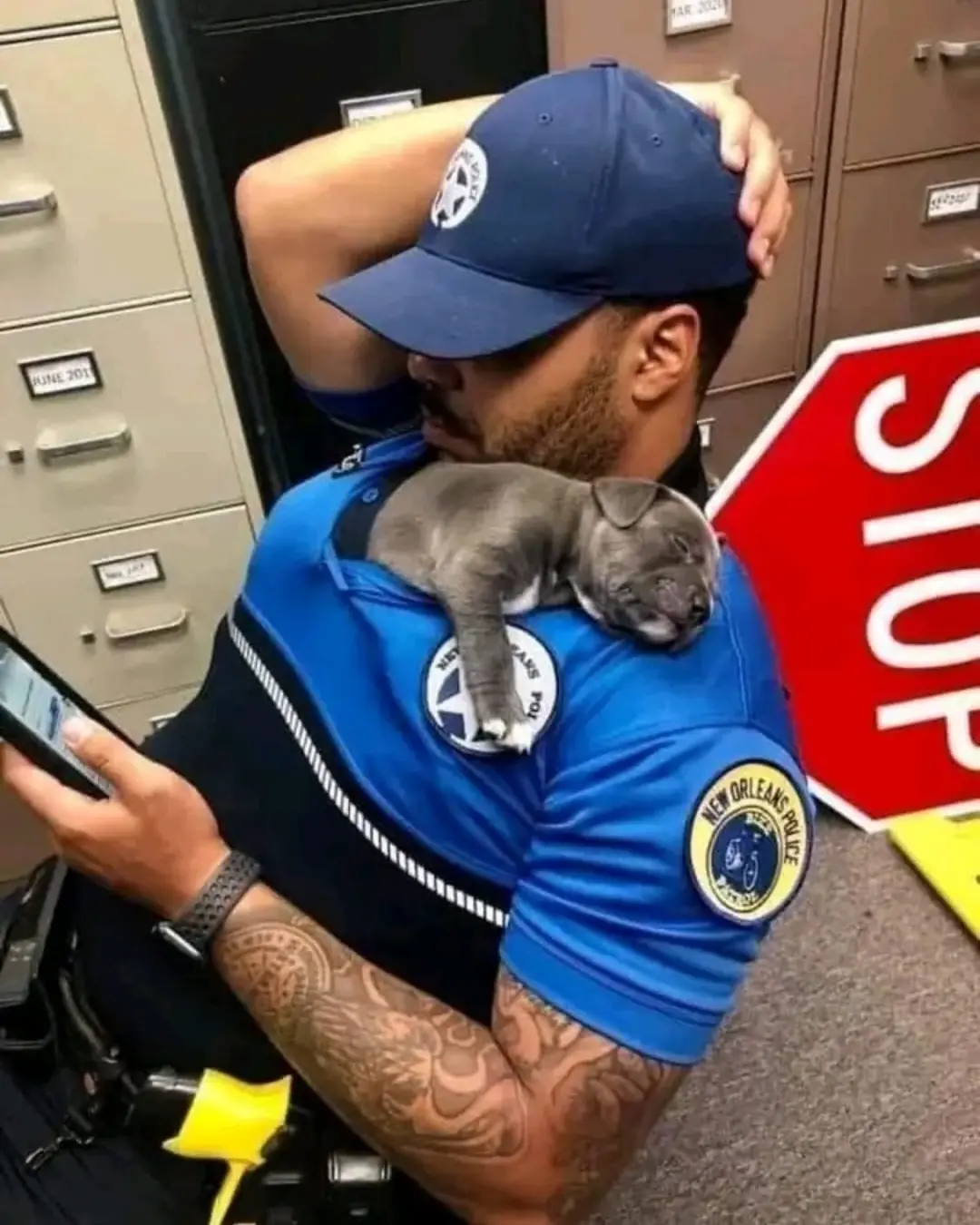
A New Leash on Life: One Rescue Pup’s Journey Home
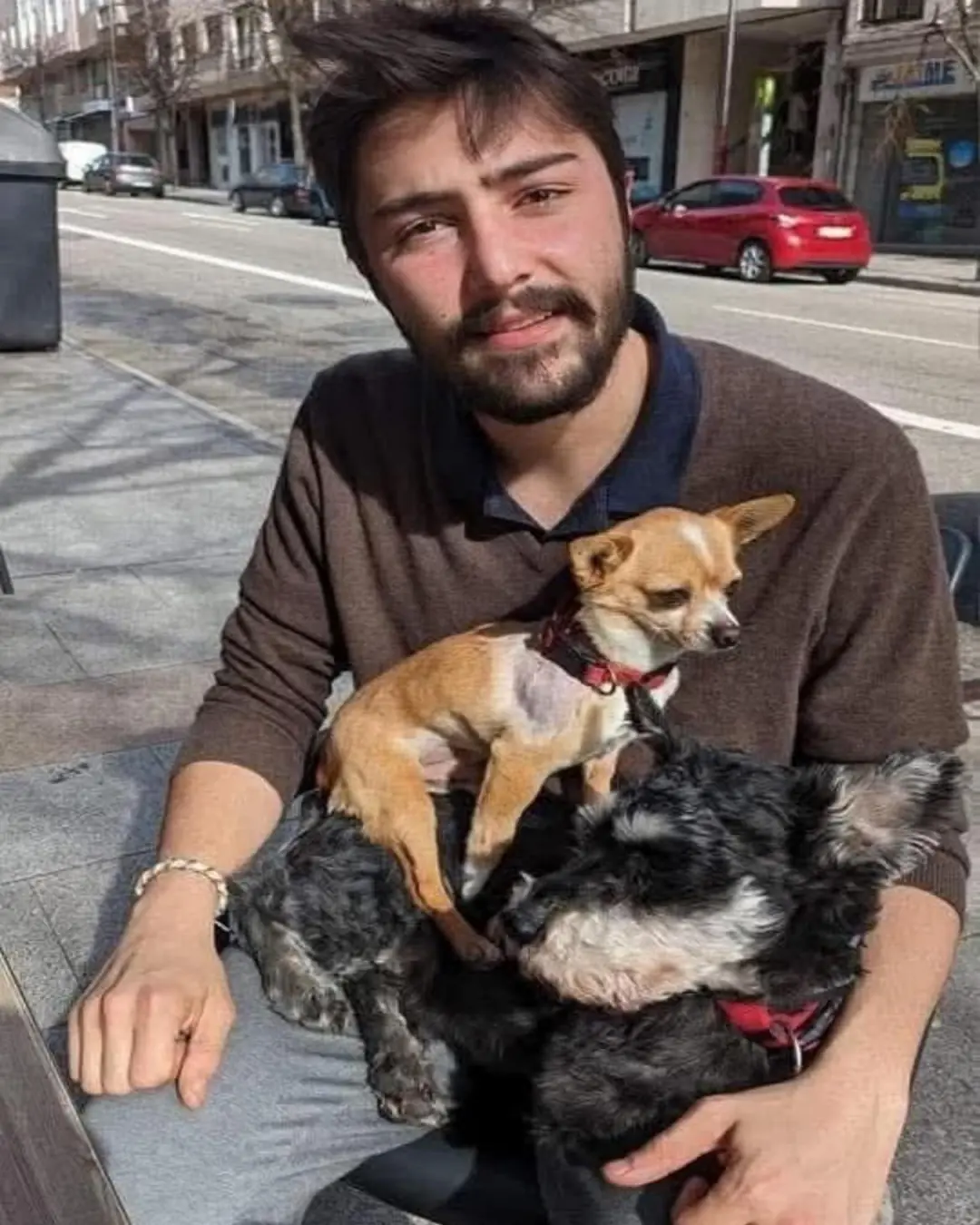
From Trash to Triumph: How One Young Man Saved a Chihuahua From a Cruel Fate

I Set Off in My RV to Scatter My Mother’s Ashes But Met a Man Who Revealed a Shocking Family Secret — Story of the Day
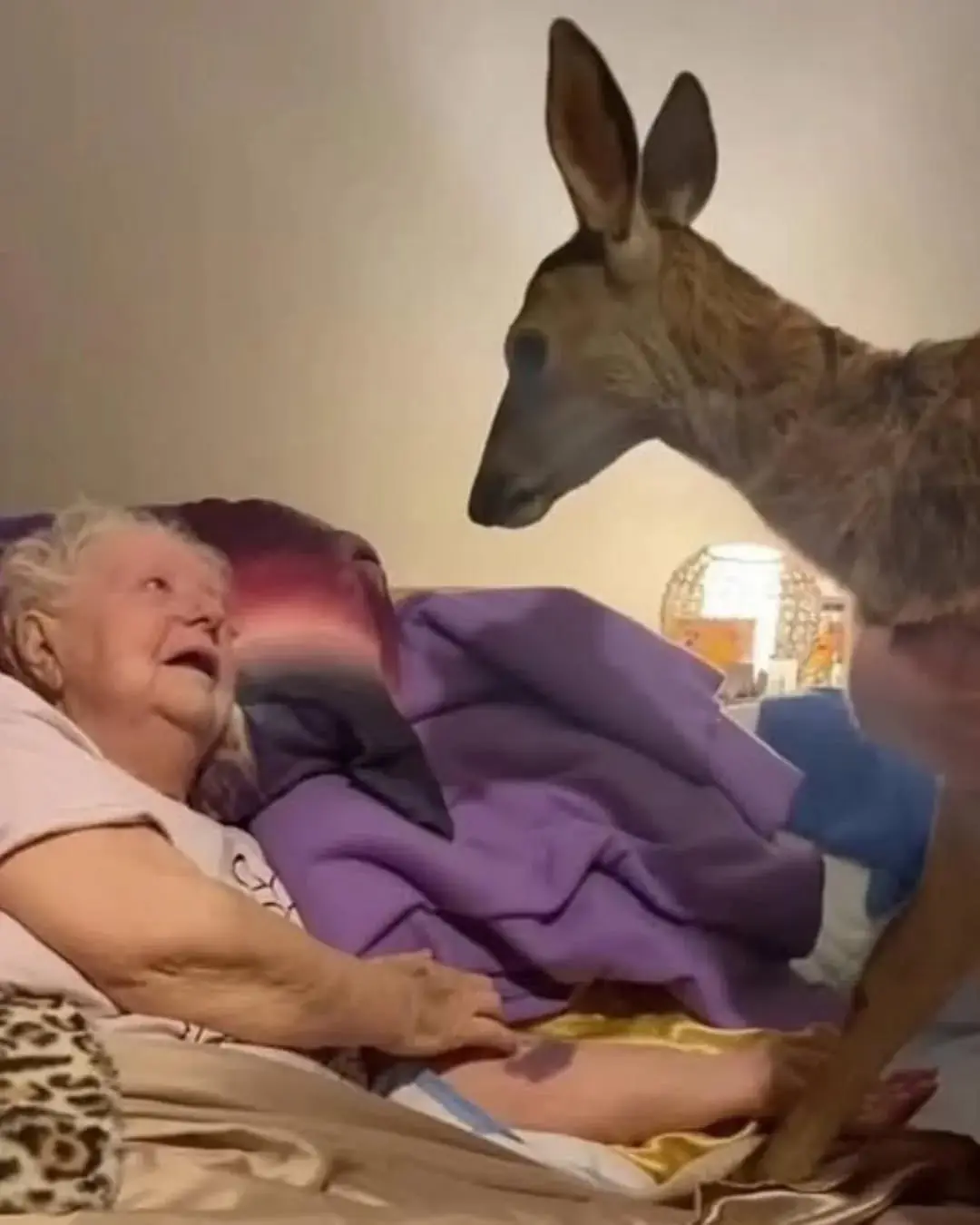
“A Final Gift: How a Real-Life Bambi Brought Joy to a Mother in Her Last Days”
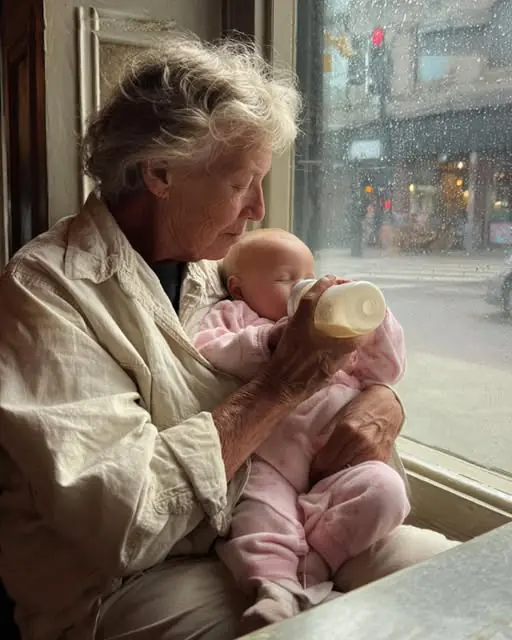
They Forced Me & my Baby Granddaughter Out of the Café and Into the Rain – Then Justice Walked Inn
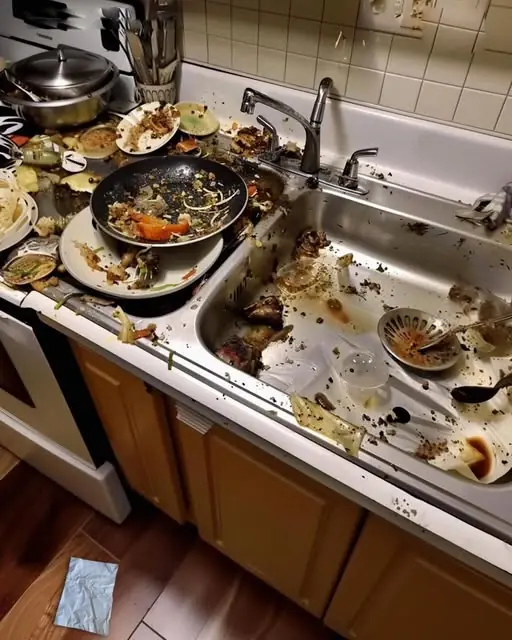
My Husband Constantly Mocked Me for Doing Nothing, Then He Found My Note After the ER Took Me Away
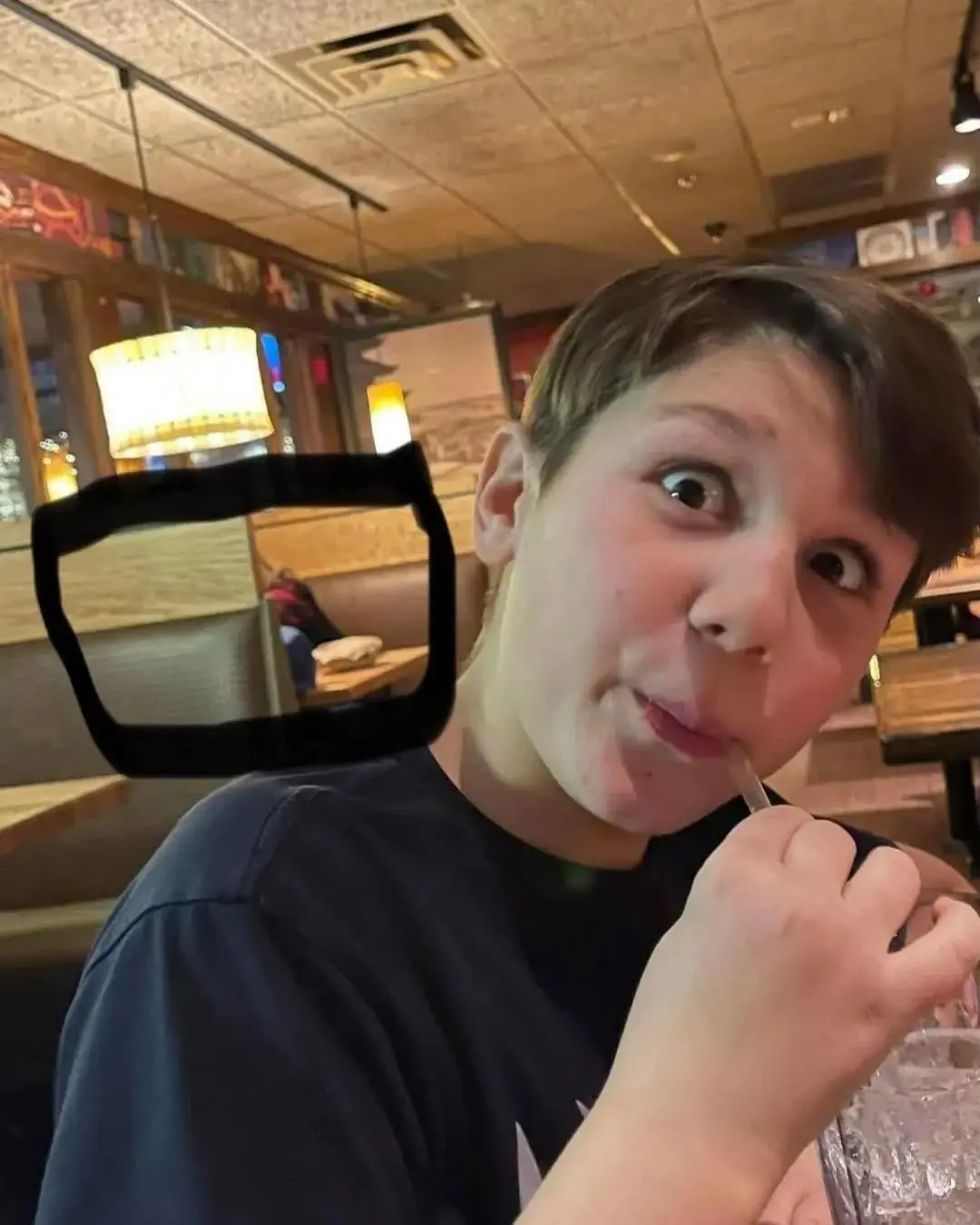
A Simple Gift at Dinner Reminds a Family That Kindness Still Exists
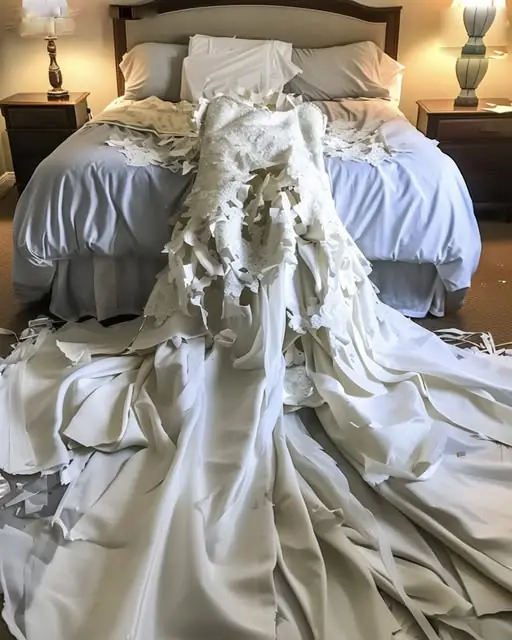
I Found My Daughter’s Wedding Dress Cut to Pieces with My Stepdaughter Standing over It – I Thought She Did It, but I Was Wrong
News Post

Garlic, tomatoes and cucumbers will grow rapidly. The most powerful fertilizer.
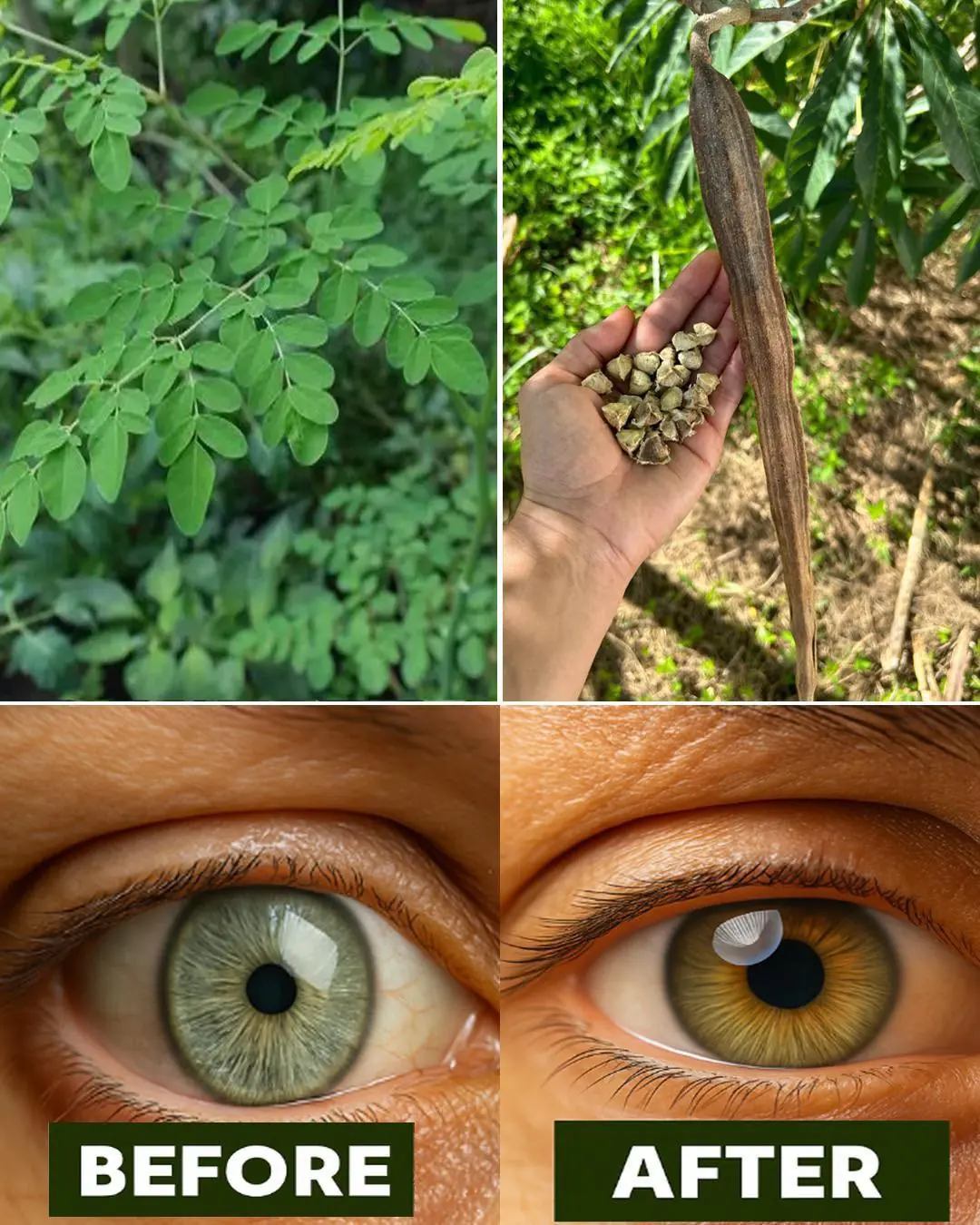
12 Powerful Benefits of Moringa Seeds
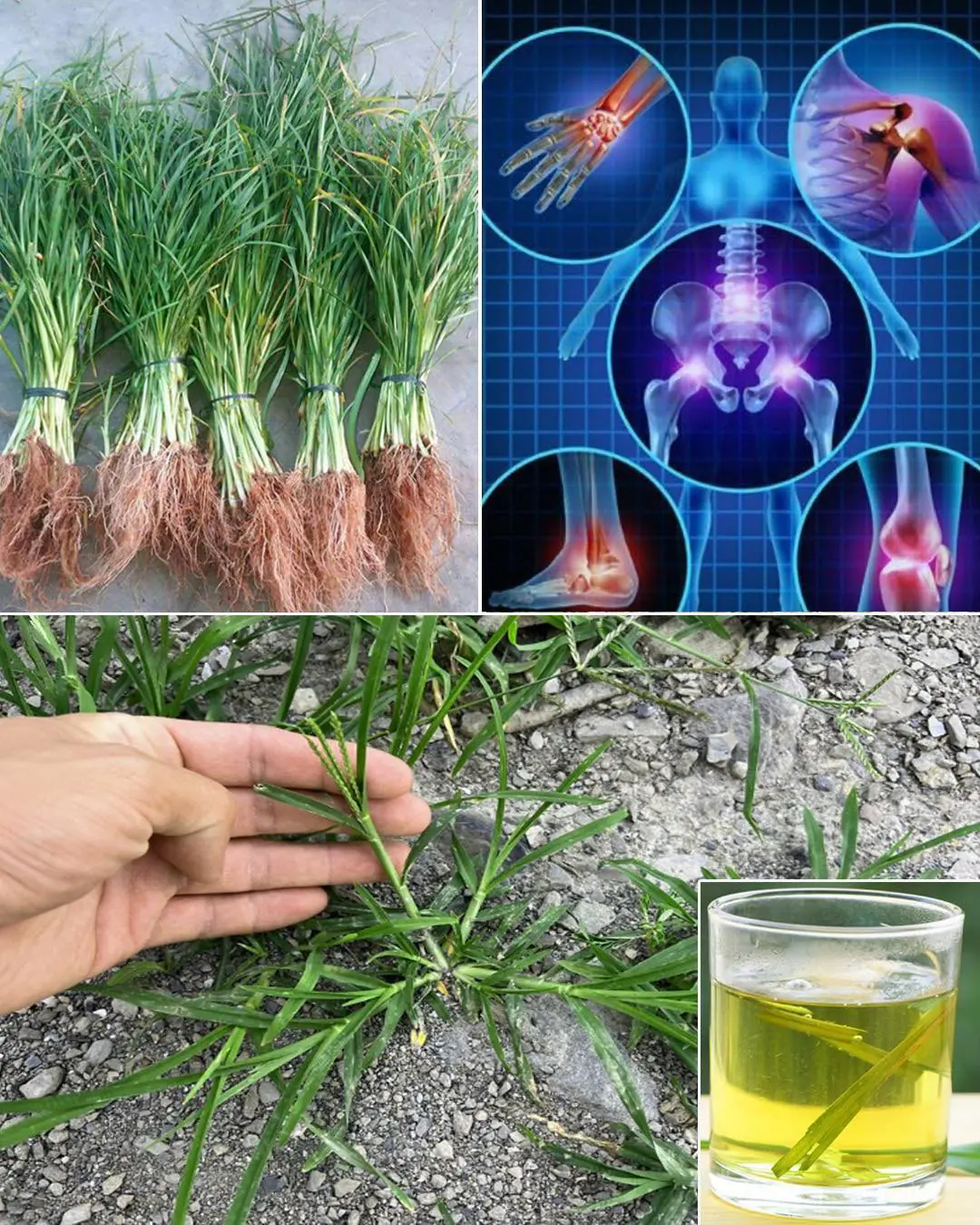
25 Incredible Health Benefits of Goosegrass
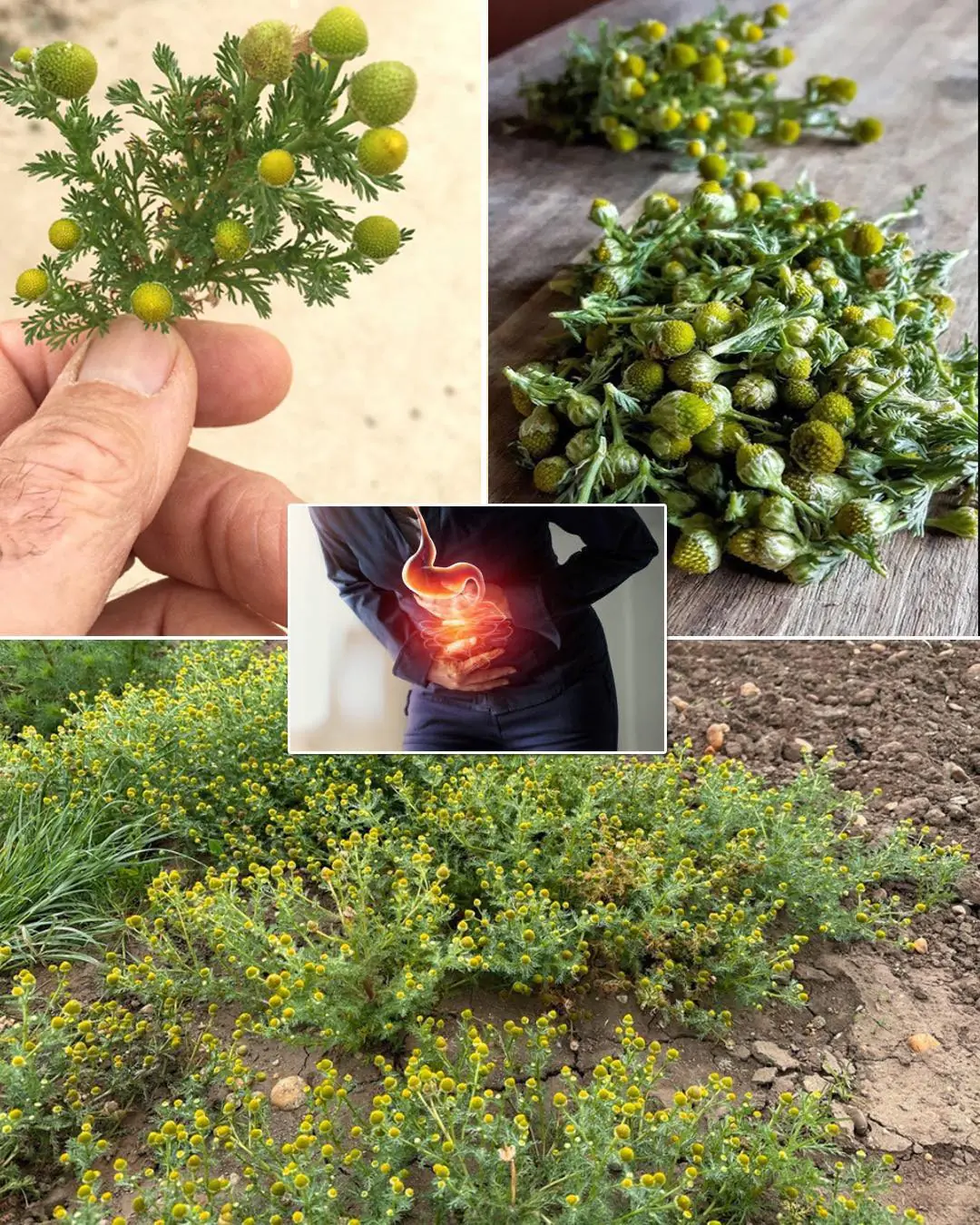
Pineappleweed (Matricaria discoidea) – Nature’s Calming Herb with Surprising Benefits

Grow potatoes in containers at home with just one potato

A Heartwarming Story of Hope: Surrendered Dog in Christmas Sweater Awaits a Loving Home
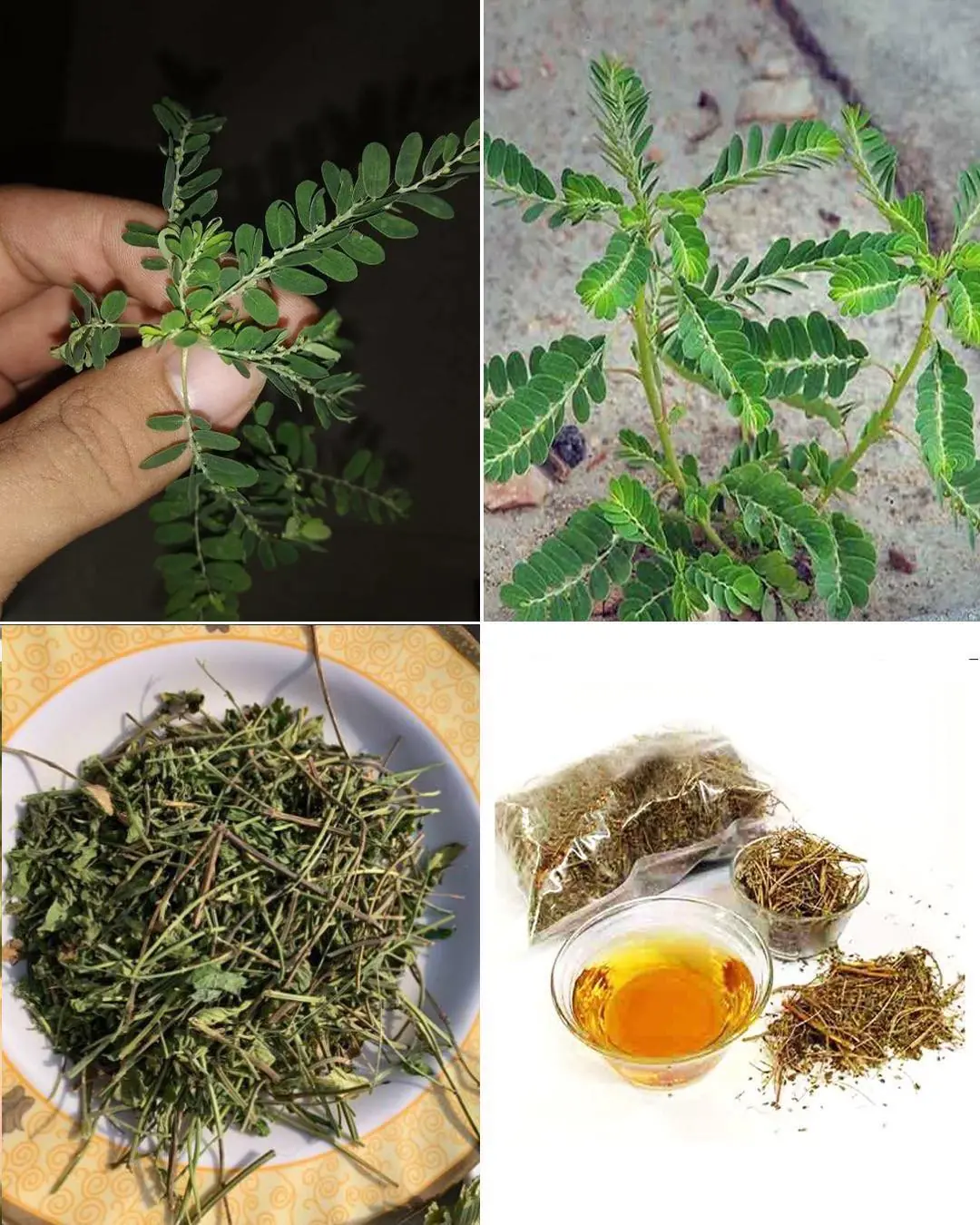
The Power of Chanca Piedra: 10 Benefits and Uses
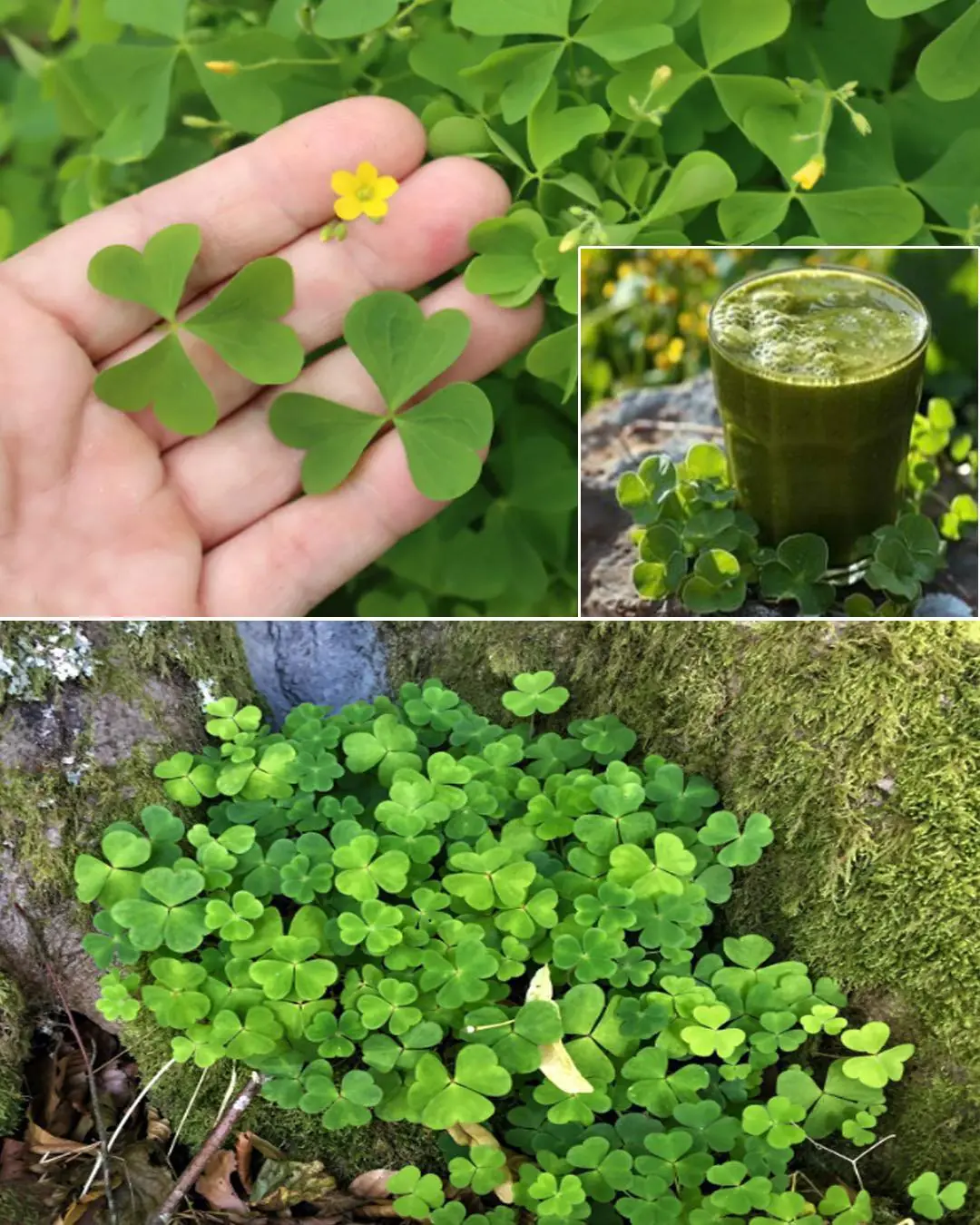
Wood Sorrel Benefits and Uses

Forever Our Indy: A Tribute to a True Best Friend
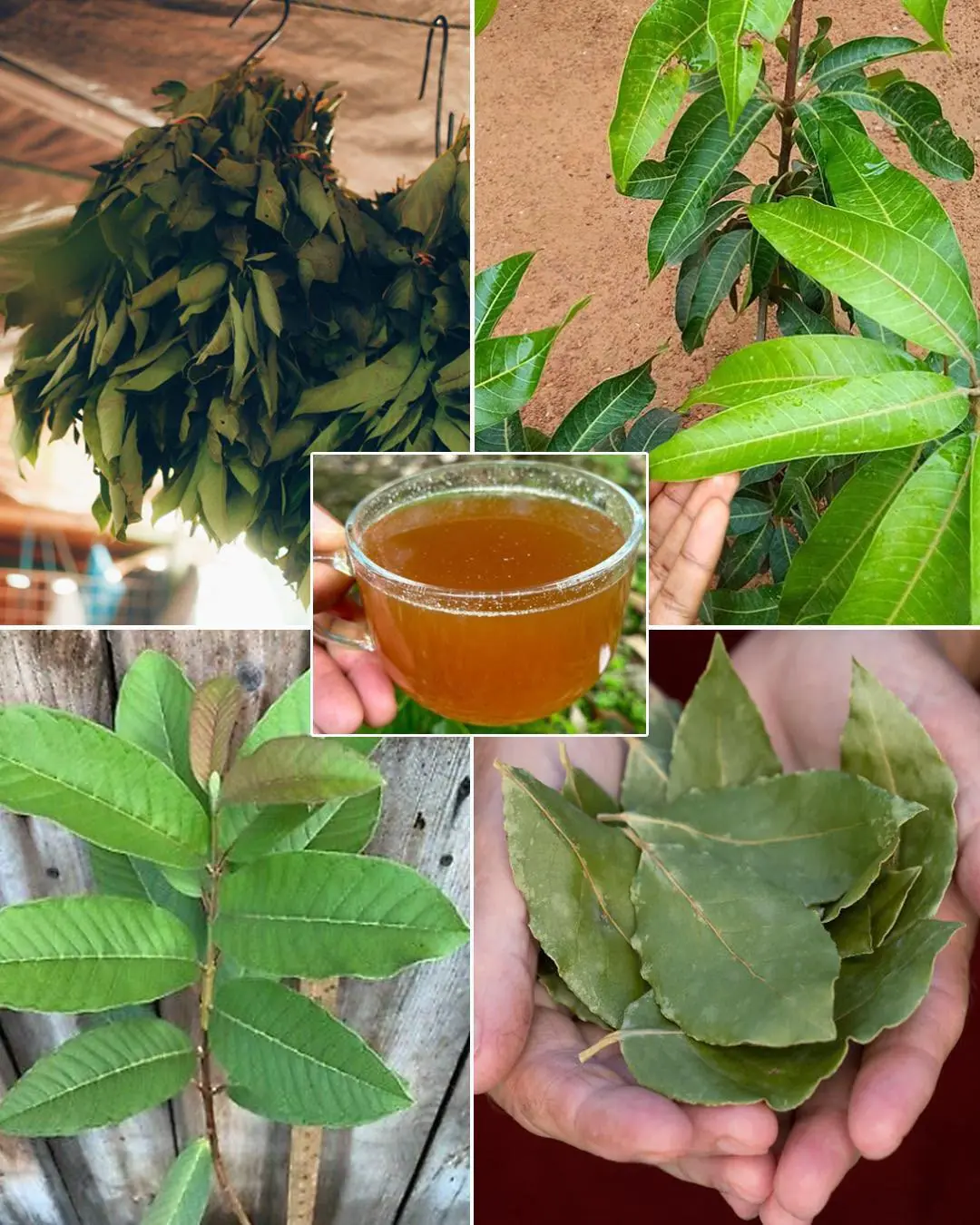
The four medicinal leaves: Avocado leaves, mango leaves, bay leaves, and guava leaves

People Spotted a Dog Collapsed on a Sidewalk — Then Realized She Was Still Alive

This Senior Dog Can’t Climb the Stairs Anymore — So Dad Sleeps on the Sofa with Him Every Night

A Final Goodbye: Mario’s Last Moment with the Giraffes He Loved

Shy Golden Retriever Saved From Euthanasia at the Last Moment
The Dog Who Beat Cancer: A Reunion That Moved the World.

The Lion Who Lost His Mane, and the Tiger Who Won His Heart.

A Father Chosen by Love

Goodbye, Noor Jehan: The Elephant Who Made a Nation Weep.
